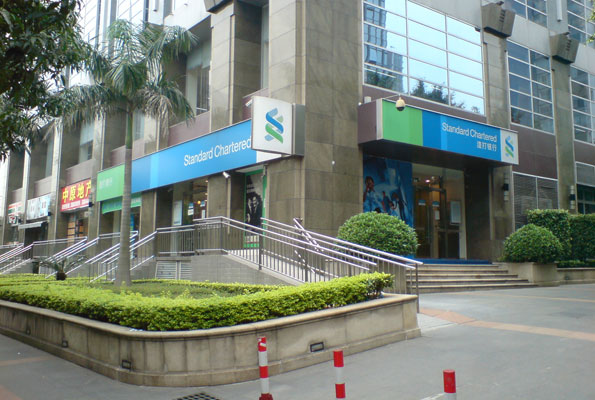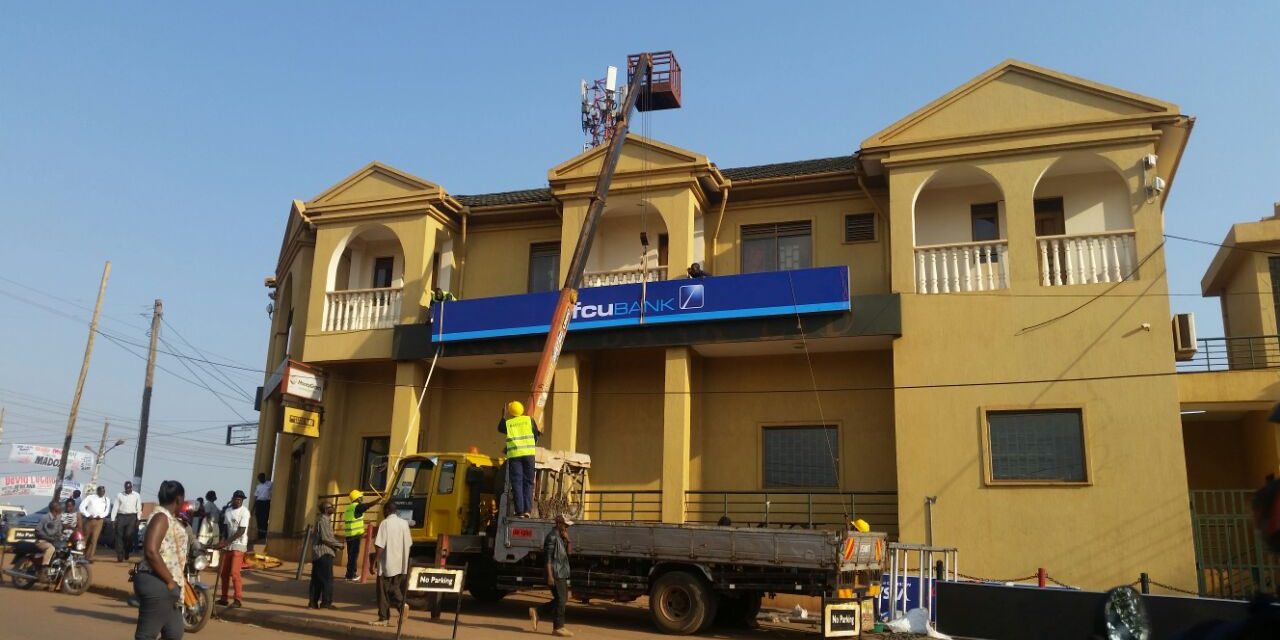President-elect William Ruto
President elect William Ruto faces an uphill task implementing numerous pledges on the campaign trail of bringing down inflation within 100 days of being elected to delivering a slew of benefits to the poor Kenyan households.
Dr Ruto, 55, was on Monday officially declared the winner of the closely contested election ahead of Opposition leader Raila Odinga on his first stab at the presidency.
He was elected with just over 50.49 percent (7.18 million votes) of the vote in the August 9 election, surpassing the 50 percent threshold needed to avoid a runoff, according to the Independent Electoral and Boundaries Commission (IEBC) chairman Wafula Chekubati announcement at the Bomas of Kenya, in Nairobi.
The win was thrown into uncertainty after Mr Odinga on Tuesday rejected the election results and vowed to pursue legal means to compel the Courts to annul them.
Mr Odinga got 6.94 million votes (48.85 percent), according to the head of Kenya’s election body. Four out of seven members of the IEBC disavowed the results of recent elections, further underlining the electoral dispute.
“We can’t take ownership of the results that will be announced because of the opaque nature of how the last phase has been handled,” IEBC Vice Chairman Juliana Cherera said at a press conference flanked by the four.
Dr Ruto’s contested declaration as the winner comes at a time Kenya faces many pressing issues, including a cost-of-living crisis and soaring public debt.
He has been declared the President-elect in the middle of an economic crisis, with the country struggling with inflation that was at a five-year high of 8.3 percent in July on the back of costly food and fuel.
The price rises, partly fuelled by the war in Ukraine, have deepened economic problems triggered by the coronavirus pandemic, including stagnant wages and growing youth unemployment.
The President elect’s economic blueprint emphasises empowering the economically underprivileged through what he calls the “bottom-up economic model.”
While advocating the economic model, Dr Ruto has been saying he will use it to lift millions out of biting poverty.
Dr Ruto has also been saying this model will benefit millions of Kenyans who are unemployed as well as small and medium enterprises.
“Bottom-up is anchored on deliberately promoting investment and financial instruments targeting the millions who are unemployed, hustler enterprises, and the farmer groups,” Dr Ruto stated earlier.
In his first 100 days, Dr Ruto had promised to support the establishment of agro-processing industries for farm inputs such as animal feeds and fertilisers, blaming the current food shortages on the government’s decision to remove subsidies and failure to implement food security policies under the president’s Big Four Agenda.
“The challenge of high cost of living can be dealt with by investing in agriculture, period. Explanations about Ukraine, I don’t know what, are tall tales,” he said earlier.
To economically empower low-income groups or “hustlers” as he calls them, Dr Ruto promised earlier to provide Sh50 billion per year to fund small businesses and start-ups.
“We will establish MSME business development centres in every ward, and an industrial park and business incubation centre in every TVET institution,” his manifesto states.
“We will commit Sh50 billion a year to provide MSMEs with 100 per cent access to affordable finance through SACCOs, venture capital, equity funds and long-term debt for start-ups and growth-oriented SMEs.”
Ruto promised to end what he terms as “state capture” by establishing, within 30 days of his ascension to power, a quasi-judicial public inquiry to “unravel” the extent of alleged cronyism and make recommendations.
On job creation, Dr Ruto pledged that the Kenya Kwanza government will invest Sh500billion over the next five years in lower-level agriculture and informal sectors to create opportunities for women and youth.
To ensure self-sufficiency in food production, the deputy president promised to make available affordable fertilisers, quality seeds as well as farm equipment, and ensure access to loans by investing at least Sh250 billion in the agricultural sector over the next five years.
Dr Ruto pledged to put in place universal health insurance that will enable every Kenyan have access to healthcare services in hospitals and clinics free of charge.
“We have committed to the people of Kenya that we will have universal health insurance that will enable every Kenyan to seek treatment in hospital and walk away without paying a penny,” said Ruto earlier.
Dr Ruto said he would also reverse legal and administrative changes over the use of the standard gauge railway (SGR) — a pet project of President Uhuru Kenyatta’s administration.
Dr Ruto said he would return major operations shifted to Naivasha and Nairobi to the Coast to end the economic deprivation facing local communities.
“It was never the intention of the government to build the SGR so that the coastal people can be impoverished. The SGR was meant to make the port much more efficient and to improve the business and the fortunes of the Coastal people,” he said in Nairobi ahead of the polls.
“Unfortunately, a few people took hostage the whole project and ended up with selfish programmes to the detriment of the coastal people.”
Dr Ruto has promised to rein in public debt, which has more than tripled by Sh7 trillion shillings since outgoing President Uhuru Kenyatta assumed office in 2013, pushing against the debt ceiling.
He said earlier he will scale back spending on mega roads, rail and energy projects, rein in debt and pump more money into small businesses.
On Education, Dr Ruto promised to bridge the current teacher shortage gap within two financial years and review the current exam-based system of academic progression and introduce alternative entry criteria.
He also promised to merge Higher Education Loans Board (HELB), Technical and Vocational Education Training (TVET) Funding Board and University Funding Board under a National Skill and Funding Council.
On tapping the ICT and creative economy, Dr Ruto promised to construct 100,000 kilometre fiber optic connectivity network and roll out fibre to counties, villages, schools, over 24,000 businesses and homes.
Implementing the mega pledges will be an uphill task for Dr Ruto at a time the International Monetary Fund (IMF) is demanding tough austerity measures, like end to fuel and maize flour subsidies otherwise it would withdraw its support for Kenya.
He has to juggle the thorny issues of affordable education and risks of drought while keeping the economy on track.
The big question is what policy the new government will be put in place to ease the cost of essential items like cooking oil, fuel, soap and food, maize flour in particular.
President Kenyatta, who is stepping down after two terms in office hiked the monthly minimum wage by 12 percent to Sh15,120 to help workers cope.
His government also allocated funds to help farmers pay for fertilisers, provided fuel subsidies and imposed a tax waiver on maize imports.
-Business Daily





